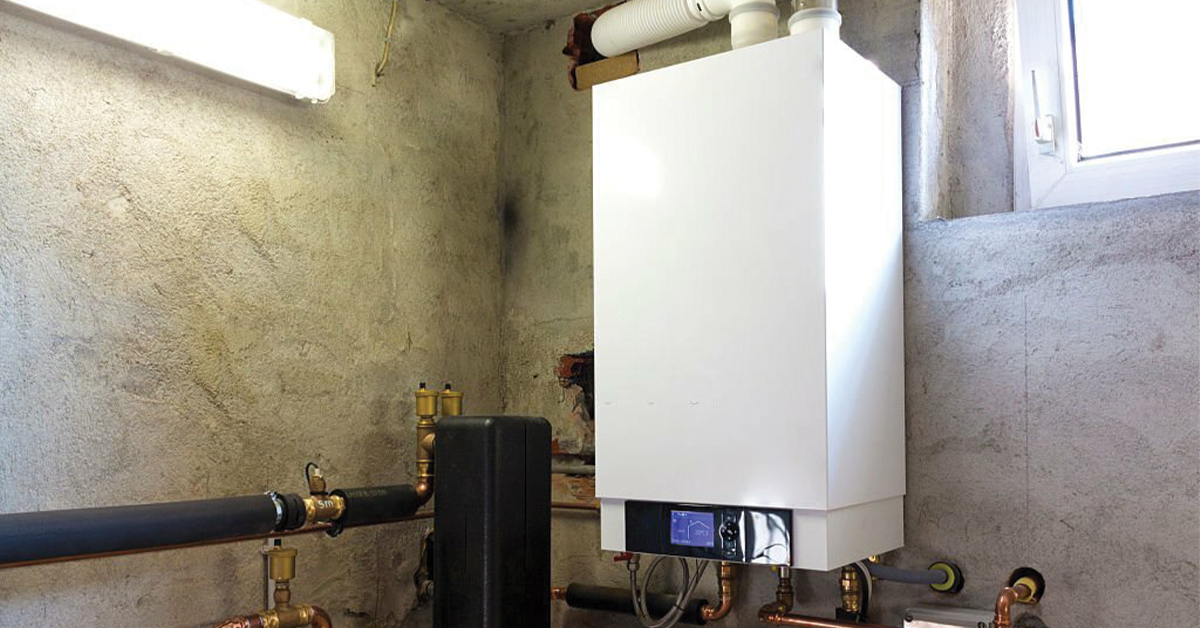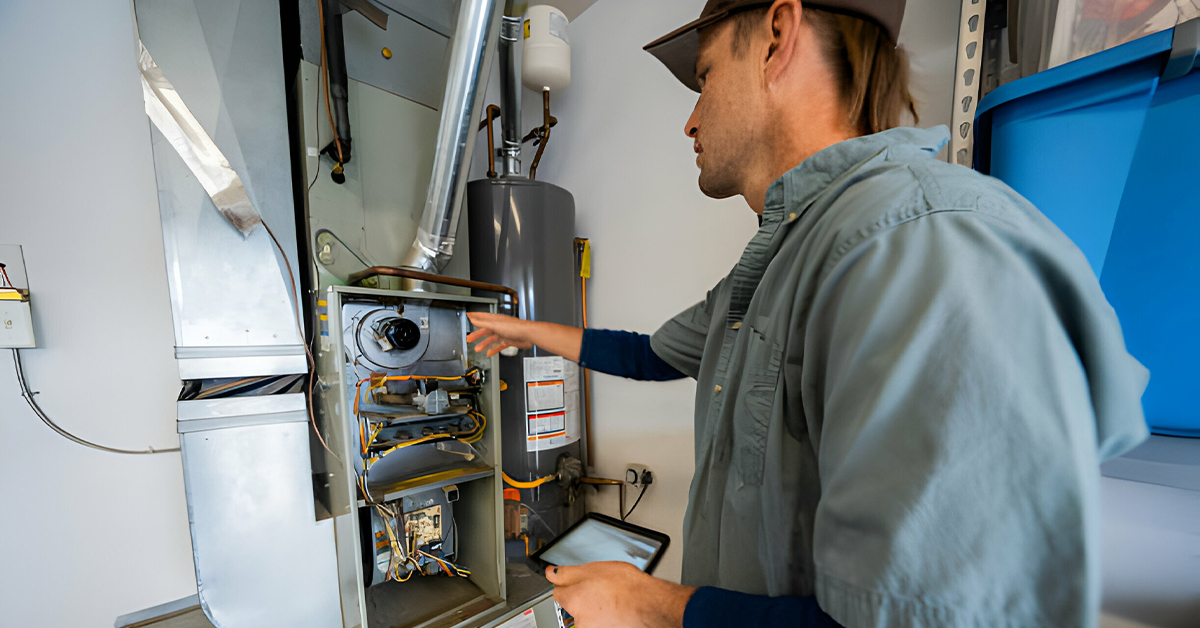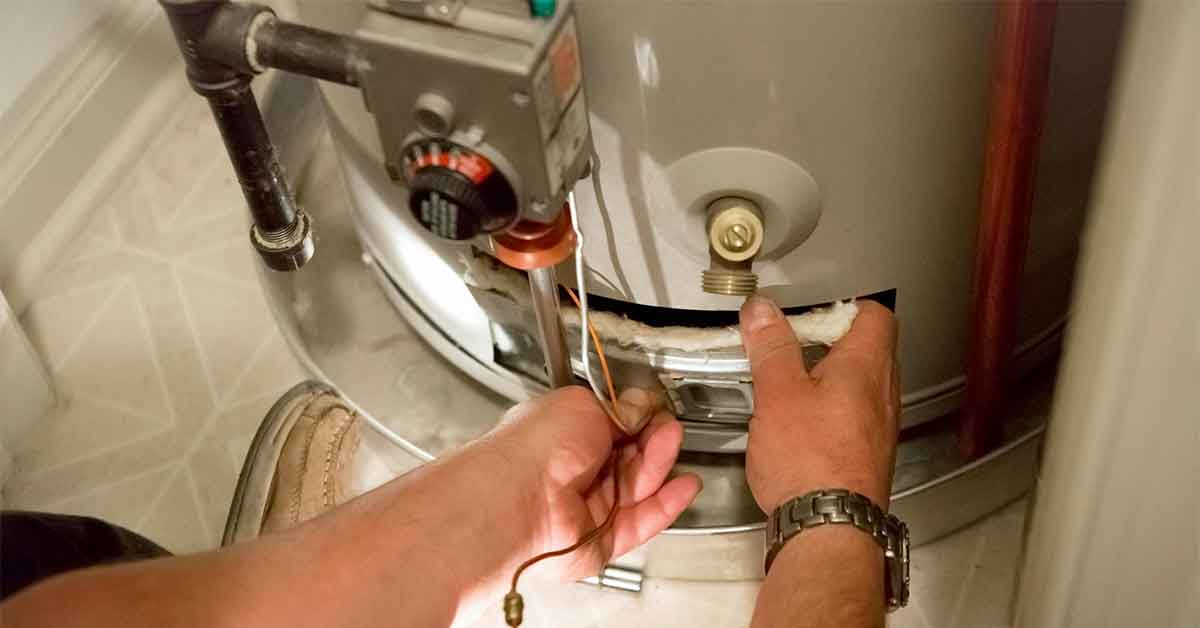Blog


Why is my Water Heater beeping and how do I fix it?
Encountering a beeping sound from your water heater can be both confusing and concerning. This noise, often an alert to potential issues, requires immediate attention to prevent further complications. In this comprehensive guide, we will explore the common causes of beeping in both traditional hot water heaters and the more advanced tankless water heaters.
Our aim is to equip you with the knowledge and steps to identify and address these issues, ensuring the longevity and efficiency of your water heating system. Whether you’re a homeowner facing this issue for the first time or someone familiar with basic water heater maintenance, this guide will provide valuable insights into understanding and resolving the mysterious beeping sounds from your water heater.
Why is My Hot Water Heater Beeping?
Common Causes of Beeping in Traditional Hot Water Heaters
Traditional hot water heaters are prone to specific types of wear and tear that can lead to beeping sounds. Here are the most common causes:
- Electrical Issues: Electrical problems are a leading cause of beeping in water heaters. These can range from minor issues like loose connections to more serious concerns like a malfunctioning thermostat or control panel. In some cases, power surges can damage the electrical components of the heater, leading to intermittent or continuous beeping sounds.
- Pressure Imbalances: Water heaters are equipped with pressure relief valves as a safety feature. If the pressure inside the tank becomes too high, the valve will release some of the pressure. However, if there’s a malfunction with the valve or if the pressure is excessively high, the system may start beeping as a warning signal.
- Faulty Heating Elements: Over time, the heating elements in a water heater can wear out or become coated with sediment, especially in areas with hard water. This can cause the elements to overheat or fail, which might trigger the heater’s alarm system.
Troubleshooting Steps Knowing how to troubleshoot these common issues can save you time and potentially costly repairs:
- Checking the Power Supply: First, ensure that the water heater is receiving a steady electrical supply. Check for any tripped circuit breakers or blown fuses. Inspect the wiring to the heater for any signs of damage or loose connections.
- Inspecting the Pressure Relief Valve: Examine the pressure relief valve for any signs of damage or blockage. It should operate smoothly and not be stuck. If you suspect the valve is faulty, it may need to be replaced.
- Evaluating the Heating Elements: Use a multimeter to test the continuity of the heating elements. If they are not functioning correctly, they may need to be replaced. It’s also important to regularly flush out any sediment from the tank, as this can cause the elements to malfunction.
Tankless Water Heater Beeping – A Unique Challenge
Reasons Behind Beeping in Tankless Systems
Tankless water heaters, while efficient and space-saving, come with their own set of challenges that can lead to beeping sounds:
- Scale Buildup: One of the most common issues with tankless water heaters is the buildup of scale, particularly in areas with hard water. This buildup can restrict water flow and overheat the system, causing it to beep as a warning.
- Flow Rate Issues: Tankless heaters require a minimum flow rate to operate correctly. If the flow rate drops too low, perhaps due to a clogged filter or a partially closed valve, the system may beep to alert you to the problem.
- Sensor Malfunctions: Tankless systems are equipped with various sensors to monitor water flow, temperature, and other parameters. If these sensors malfunction or become dirty, they can send incorrect signals to the heater’s control unit, resulting in beeping.
Solving the Beep Addressing these issues can ensure the smooth operation of your tankless water heater:
- Descale and Maintenance Tips: Regular descaling is crucial for maintaining the efficiency of your tankless water heater. Use a descaling solution and follow the manufacturer’s instructions to remove any buildup.
- Adjusting Flow Rates: Check and clean the inlet filters to ensure proper water flow. Also, ensure that all valves are fully open to maintain the required flow rate.
- Sensor Checks and Replacement: Regularly inspect the sensors for any signs of damage or dirt. Clean them carefully, and if they appear to be malfunctioning, consider replacing them.
General Tips for Handling Beeping Sound from Water Heater
Preventive Maintenance Preventive maintenance is key to ensuring your water heater functions optimally:
- Regular Inspections: Inspect your water heater regularly for signs of wear or damage. This includes checking for leaks, inspecting electrical connections, and ensuring that the pressure relief valve is functioning properly.
- Flushing the System: Sediment buildup can cause a variety of problems in water heaters. Flushing the system regularly, at least once a year, can help prevent this issue, especially in areas with hard water.
- Professional Servicing: Consider having a professional service your water heater annually. They can perform a thorough inspection and address any issues that may not be apparent during a basic check.
Safety First Safety should always be your priority when dealing with water heater issues:
- When to Call a Professional: If you’re unsure about diagnosing or fixing a problem with your water heater, it’s best to call a professional. They have the expertise and tools to safely and effectively address the issue.
- Importance of Regular Checks: Regularly checking your water heater can help you catch potential problems early, preventing them from escalating into more serious issues.
- DIY vs Professional Repairs: While some water heater issues can be addressed with DIY methods, others require professional expertise. Always assess the complexity of the problem and your own skill level before attempting repairs.
Conclusion:
Beeping sounds from your water heater, whether a traditional hot water heater or a tankless system, are often indicators of issues that need your attention. Understanding these alerts and responding with appropriate maintenance or troubleshooting steps can resolve these concerns and extend the life of your water heater. Staying informed and proactive about your water heater’s health is crucial for ensuring its longevity and efficiency. Remember, when in doubt, consulting a professional is always the safest course of action.
Recent Posts
Initially, check the power supply for any tripped circuit breakers or blown fuses. Inspect the wiring and connections for damage or looseness. If the power supply is stable, proceed to check the pressure relief valve for any signs of malfunction or blockage. If these steps do not identify the issue, the next step would be to test the heating elements for continuity using a multimeter.
A faulty heating element typically results in inconsistent water temperature or a complete lack of hot water. In contrast, a pressure imbalance might cause unusual noises (like hissing or popping) in addition to the beeping. Testing the heating elements with a multimeter and inspecting the pressure relief valve can help differentiate between these two issues.
To address scale buildup in tankless water heaters, turn off the power to the unit, close the incoming water supply, and attach a hose to the descaling valve. Circulate a descaling solution through the system following the manufacturer’s instructions. After descaling, thoroughly flush the system with clean water before restarting.
Regularly inspect and clean the sensors to prevent malfunctions. This involves gently wiping the sensors with a clean cloth to remove dirt or debris and checking for any signs of damage. If a sensor appears damaged or continues to malfunction after cleaning, replacement may be necessary.
Professional help is advisable if the beeping persists after basic troubleshooting, if you’re unsure of how to proceed, or if the issue involves complex components like the control panel. During a professional service visit, expect a thorough inspection of all components, diagnostic tests, and repairs or part replacements as needed. The technician can also provide valuable advice on maintaining your specific model to prevent future issues.




